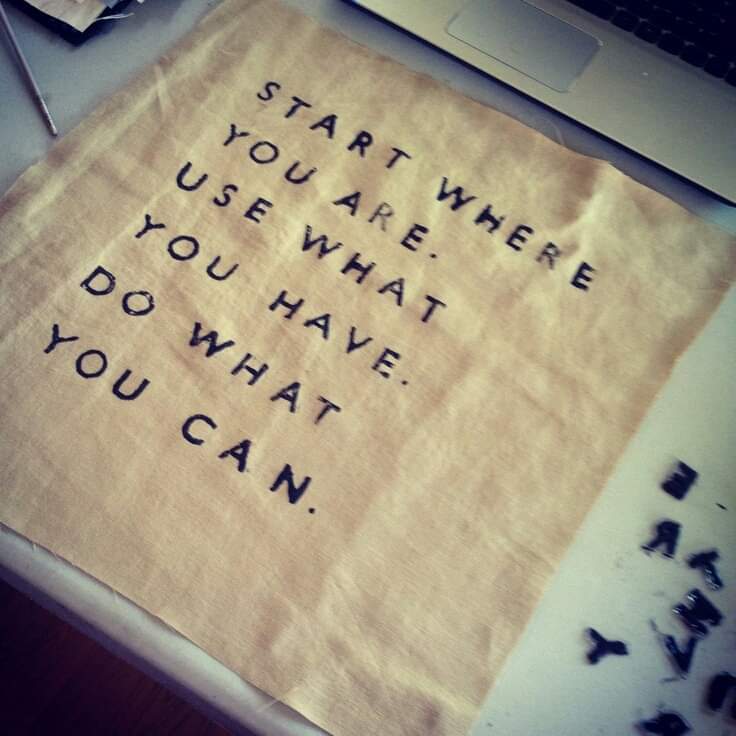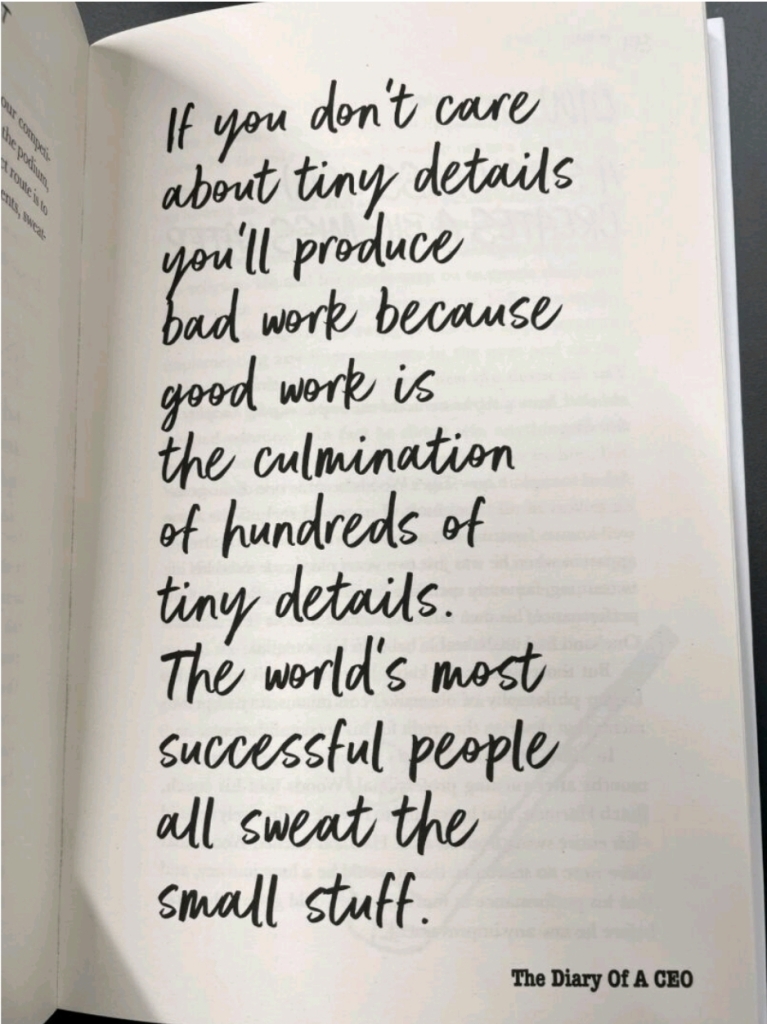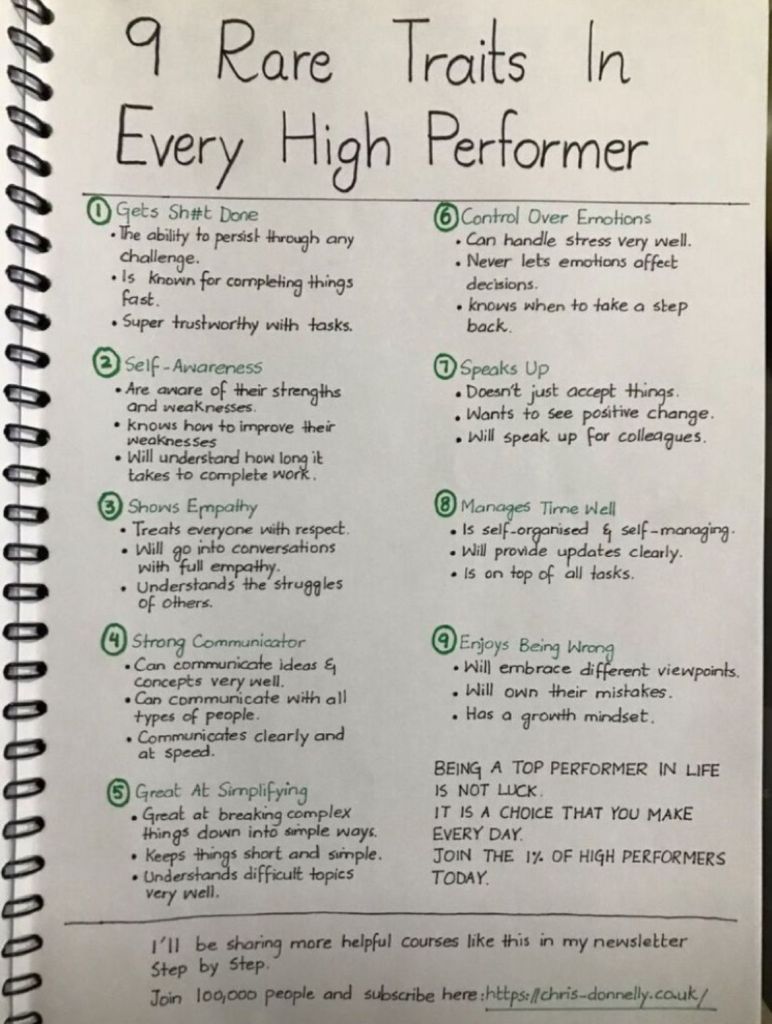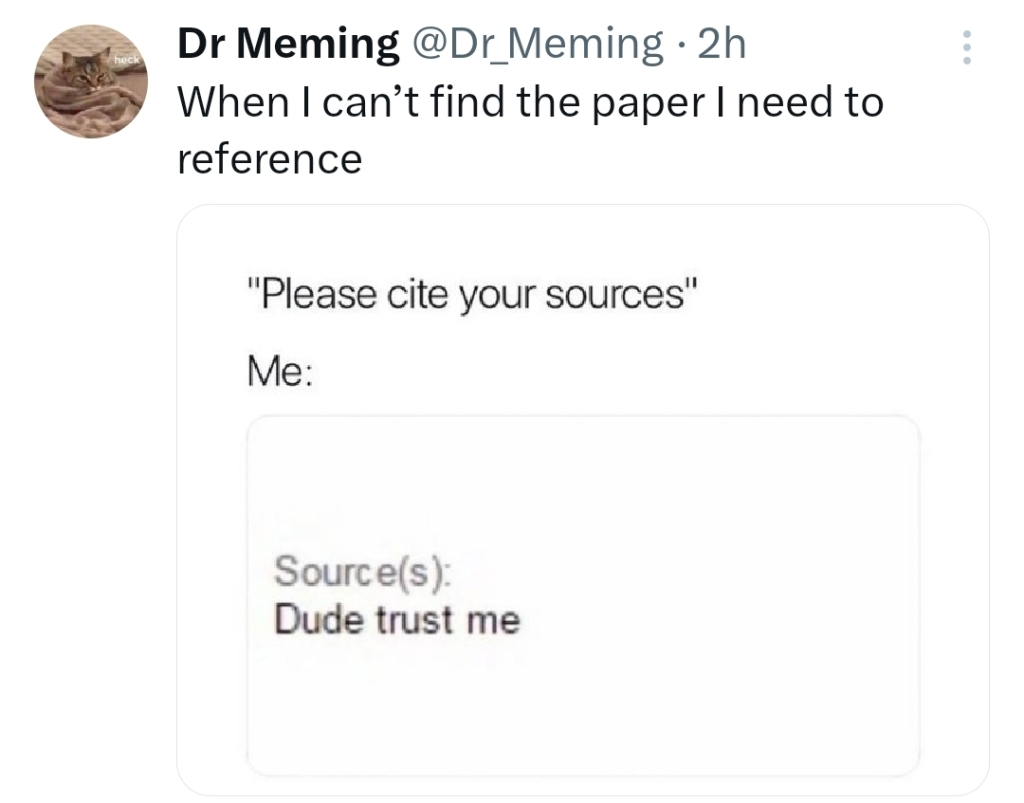Spring has sprung and that means academic application time has also begun. I’ve already had a number of queries about what it is that I look for when I receive PhD applications. Selfishly, I therefore thought I might write this post so that I can refer people here to read it. Don’t worry if you’re not applying for a PhD though. I’ve just interviewed for a senior role and had to go through a LOT of applications when shortlisting. It’s probably obvious, but worth stating, that a lot of these tips are also relevant to when you are pulling together any personal statement or piece where you need to sell yourself. So, good luck, and I hope these help.
Understand what’s being asked of you
The first thing is to really understand what is being asked of you. A PhD application, although in many ways a job application, is also much more than that. It’s less about where you are at right now and more about where you could be at the end. There’s a lot more in the assessment about being able to demonstrate the way you think, your aspirations, and your passion, therefore, than the box ticking against a job spec that is often required for other posts. Your cover letter is therefore critical in order to help you stand out from the crowd and a generic letter that you’ve sent to 20+ options just won’t cut it, if like me you’re are getting tens to hundreds of applications to shortlist. Your generic version just won’t pass the skim test. Below are the kinds of things I want to see if I’m glancing over your application in order to put it in the consider pile.
Be specific, details matter
Having looked at a LOT of applications over the years for PhDs and other roles, my first big tip is that details matter. Making statements like ‘I have good communication skills’ won’t tick any of my boxes. I need to have it followed up by a concrete example such as ‘this was shown by me winning X poster prize at X conference’ or ‘me being asked to lead our group presentation on X, where received a distinction’. Your examples don’t have to be revolutionary, but you do need to back up your statement with something concrete. You are applying for a science post after all, so evidence matters.
Show what got you here
It’s easy to think you have to be exceptional to succeed, but the truth is most of us aren’t exceptional. We just have a passion, interest, or tenacity that gets us somewhere. My father recently referred to me as ‘an academic late bloomer’, and I’ve written before that we are all more than the sum of our grades. Because of this, when I’m looking at applications, I’m most interested in the person behind the grades and the details. Some people will be exceptional undergraduates but will hit a ceiling when it comes to postgraduate study. Some of us dealt less well with the thought constrictions at that level and only really grew into our potential when the safety wheels were removed. I’m looking for your application to show me what makes you tick, how you think and approach challenges, and how you ended up sitting in front of a computer writing this application.
Be clear about where you want to go
I’ve talked in previous posts about the need for you to show me your why when discussing undertaking a PhD. There are lots of reasons why you might decide that a PhD is the right next move for you, and it doesn’t just have to be that you want a future career in academia. In some ways, the reason doesn’t matter as long as it’s thought out. What does matter is that you’ve taken the time to do that thinking and have the skills to be able to communicate it. PhDs are not a walk in the park. There will be hard days and challenging periods where you question whether this was the right move. Your motivation, whatever it is, has to be strong enough to get you through those dark days. It’s also important, that if you get the role, I understand how to support you in your future goals, and I can’t do that if you don’t know what they are.
Why this PhD
There are PhDs advertised all the time. One of the top things I want to have jump out of your letter is why you think this particular PhD is the one you want to do. What is it about the topic that interests you? How does this fit in as a logical next step from what you’ve been doing so far? Where is your passion or interest in this particular topic? PhDs with me will always have a clinical aspect, so what is it about this rather than primary science PhD that speaks to you. I want to know that you have considered, in my case, what it will be like to do research in healthcare and the benefits and challenges of the setting. I also want to know how it fits in with your goals as described above. This needs to be done in enough detail that I know you have thought about it and that it’s specific to the PhD I have advertised. Anything generic is a real turn-off at this point.
Why this supervisor
Supervisors make or break your PhD. It’s the honest truth. Demonstrating you have awareness of how important this relationship is to your PhD goes a long way to show that you understand the challenge you are choosing to take on. I would always recommend reaching out to the primary supervisor ahead of applying therefore. You can then make an informed choice about whether this person will be the right support for you. Every supervisor has different styles and you as a learner have different needs. Understanding whether those 2 things will mesh is so important. You can then address why the supervisory team on offer is the right choice for you in your application.
Why this university
The other thing that is worth including is why the university you’re applying for is the right choice for you. Each university has a slightly different ethos or feel, and so why does the one you are applying to match your requirements? Is is because it has an associated medical school or strong pre-existing links to local hospitals? Is it because you really like the structure of the PhD programme? Is that they have a doctoral school or other funding that links into a research council you are particularly interested in working with? It’s always worth looking up what the PhD structure is actually like, some will require you to submit regular essays, others will just have an ongoing log, each is likely to have different upgrade windows and structures. State why this university works for you and your learning style. This not only makes it clear that you’ve done additional reading to understand the programme, but that you’ve also done the reflective thinking to see how you would fit into what is being offered.
What skills do you have
Let me be clear, no one expects you to have all the skills to do a PhD when you apply, otherwise you wouldn’t be doing a PhD you’d be doing a post doc. That said, on the advert there will be some skill requirements that you will be expected to meet or be on the pathway to meeting. It’s key that you cover these off in your application, either in the covering letter or CV. One of the key errors I find people make when putting together their applications is that they think all of the skills and experience listed have to come from their scientific or academic backgrounds. This really isn’t true, especially for an early career post. Leadership skills can be demonstrated from volunteer or other work experience, such as helping out at Scouts, Guides or Duke of Edinburgh. Conflict resolution skills can include things like bar work on a Saturday night. Time management could include how you helped your parents manage your 6 younger siblings when it came to after school activities. As part of you bringing your entire self to the post you should feel free to include all of the skills developed as part of the route that brought you to making the application.
What experience do you have
It can be challenging to split out skills from experience, but if you have any, experiences can go a big way to demonstrating your commitment to the career you are hoping to embark upon. Have you attended seminars or other voluntary activities as part of your time at university? Have you arranged to shadow or undertake placements within a laboratory to gain extra experience? Did you engage in weekend or other field trips? These help demonstrate interest, but they can also help to round out some of the short listers’ understanding of what you may be bringing in terms of scientific experience, and how that might benefit the initial phases of your PhD. I also always appreciate the way that applicants introduce items like these into the application, as it also helps me start to get a feel for how they think and approach challenges, which is one of the things I’m looking for to help an application stand out from the rest.
Ensure you use the literature
Another way you can show what you thought process is and how you might develop as a scientist is by making sure you use the scientific literature in developing your application. I want applicants to reference a couple of key pieces of literature when they talk about why this PhD interests them. It also makes the application stand out if you reference published literature from the group or supervisors when you talk about why you are interested in working with them. Finally, if the PhD is funded by a particular funder, or through a particularly funded centre then I would also expect the application to reference what the funders remit is and what they aim to achieve. Demonstrating that you’ve taken the time to understand the context in which your research will be undertaken shows, to me, that you have the beginnings of the strategic awareness you will need to develop future funding applications during an academic career.
Demonstrate your added extra
I hate it sounding like I’m saying that everyone has to go above and beyond, because that’s not really what I’m saying. What I think you need to do is embed something that makes your application stand out. That can be by including a lot of reading and referencing in your application, if that’s the kind of thing you enjoy. It can also be about sharing a story about why you have always wanted to work in this kind of research. One application I recently reviewed, focussed on the applicant talking about how much they wanted to engage with dementia research as their grandmother had been in a care home linked to dementia, and they they had spent a lot of time therefore getting to know individuals with dementia and had personally witnessed the impacts on their families. They then followed it up with information linked to dementia UK, showing they had both the drive and ability to find information. There are many different ways to make an impression. Your application is a blank slate but making sure that it has enough detail to show that you have thought through what might help you stand out is key. How you do that is completely up to you. Think of it as getting a head start on developing your scientific elevator pitch!
Follow the rules
Having said that PhDs are different, in terms of not being so tightly tied to a person specification, there were still be boxes you need to tick that are listed on the advert details. Please please therefore make sure that you do maintain enough focus to be certain to cover off the stated requirements. You want to weave in the other aspects that will make you stand out linked into what is being asked for. One thing it is always worth asking, is for someone else to read your application against the requirements, preferably a none expert, to get a neutral assessment of whether you have clearly covered off everything that is needed.
I do have one personal plea linked to this though. Please do not send a 90 page attachment with all of the certificates you have ever achieved and every paper you have ever written in full. It is possible to go too far the other way and send too much. I will tell you honestly, if your combined letter and CV for a starting level post is more than 5 pages I will start to become less and less engaged with the application. If you send me more than 10 pages, I will not consider it for shortlisting. A key skill as a scientist is being able to engage with a question, shift information to identify what is relevant, and build an evidence based response. If you send more than 10 pages it signals, to me, that you are unable to manage at least one of these steps in an efficient manner, and therefore cannot meet the person specification.
Have a little faith in yourself
My final tip is this, have some faith in who you are and your ability to succeed. If you write your application from a position of confidence rather than imposter syndrome, you will use words like ‘will’ and ‘can’, rather than using works ‘like’ and ‘attempt’. It seems a small change but there is a subconscious difference that is detected by the reader when someone writes in a definitive style that inspires confidence. It will not be the only thing that gets you across the finishing line, but it can definitely help. You have achieved so much to get you to the point where you are qualified to apply for a PhD. You deserve to give yourself the same self belief and encouragement that you would offer friends and family if they were in same situation. Remember. You are braver than you know, and so much stronger and more able than you believe, so take that leap and fly.
All opinions in this blog are my own
If you would like more tips and advice linked to your PhD journey then the first every Girlymicrobiologist book is here to help!
This book goes beyond the typical academic handbook, acknowledging the unique challenges and triumphs faced by PhD students and offering relatable, real-world advice to help you:
- Master the art of effective research and time management to stay organized and on track.
- Build a supportive network of peers, mentors, and supervisors to overcome challenges and foster collaboration.
- Maintain a healthy work-life balance by prioritizing self-care and avoiding burnout.
- Embrace the unexpected and view setbacks as opportunities for growth and innovation.
- Navigate the complexities of academia with confidence and build a strong professional network
This book starts at the very beginning, with why you might want to do a PhD, how you might decide what route to PhD is right for you, and what a successful application might look like.
It then takes you through your PhD journey, year by year, with tips about how to approach and succeed during significant moments, such as attending your first conference, or writing your first academic paper.
Finally, you will discover what other skills you need to develop during your PhD to give you the best route to success after your viva. All of this supported by links to activities on The Girlymicrobiologist blog, to help you with practical exercises in order to apply what you have learned.
Take a look on Amazon to find out more








[…] posted a couple of weeks ago about application tips when applying for a PhD. In that post, I talked a bit about researching the supervisors in order to be able to talk about […]
LikeLike